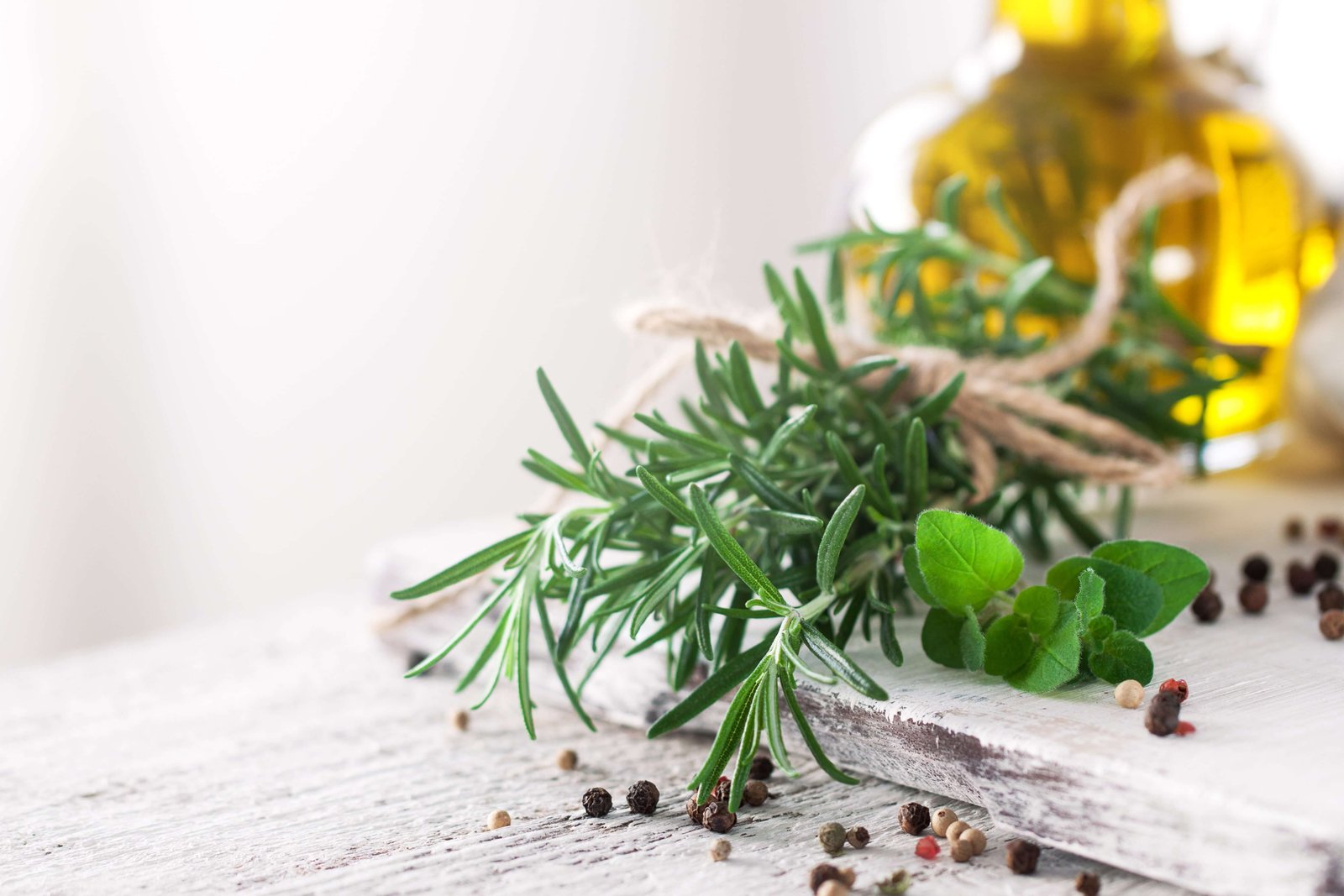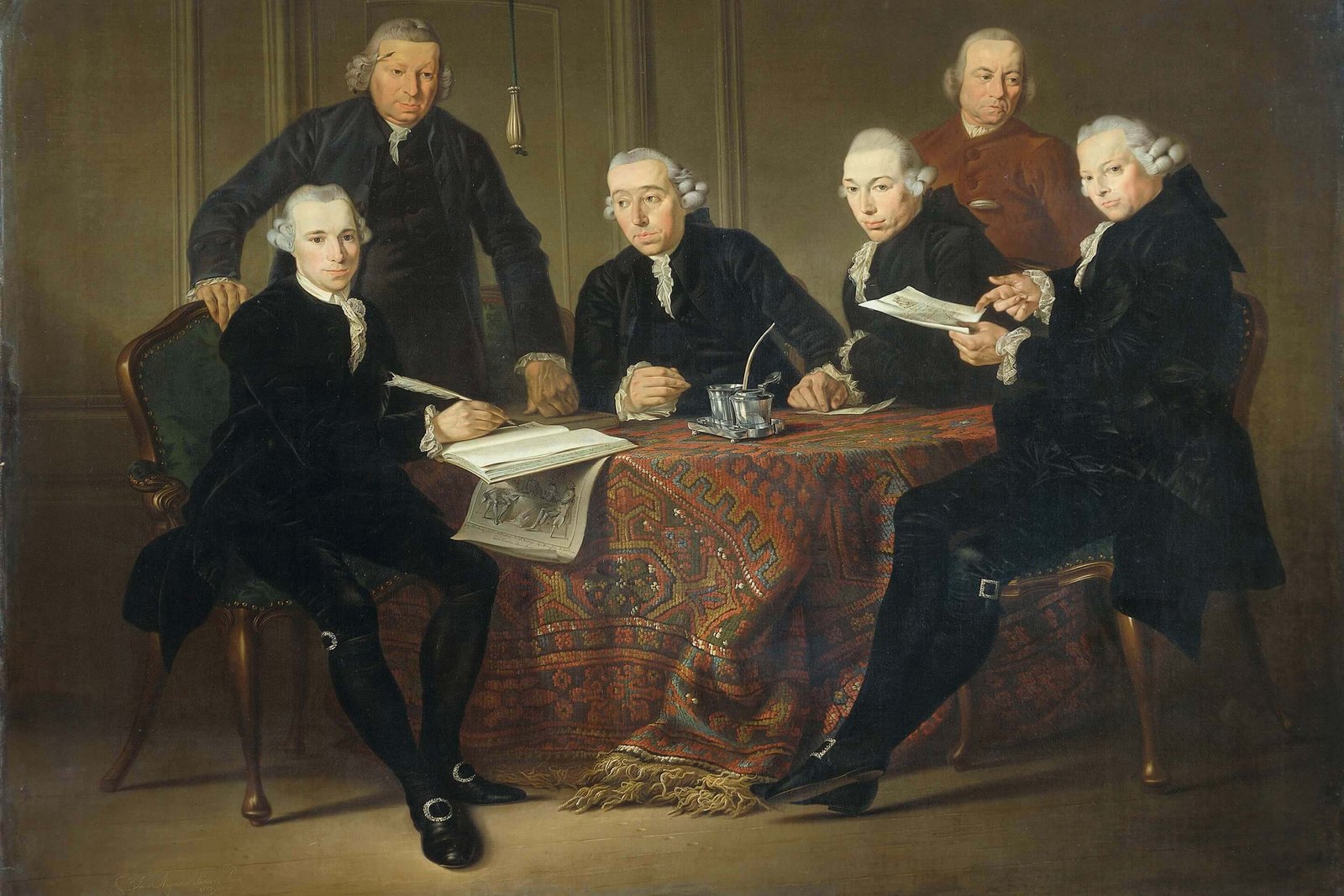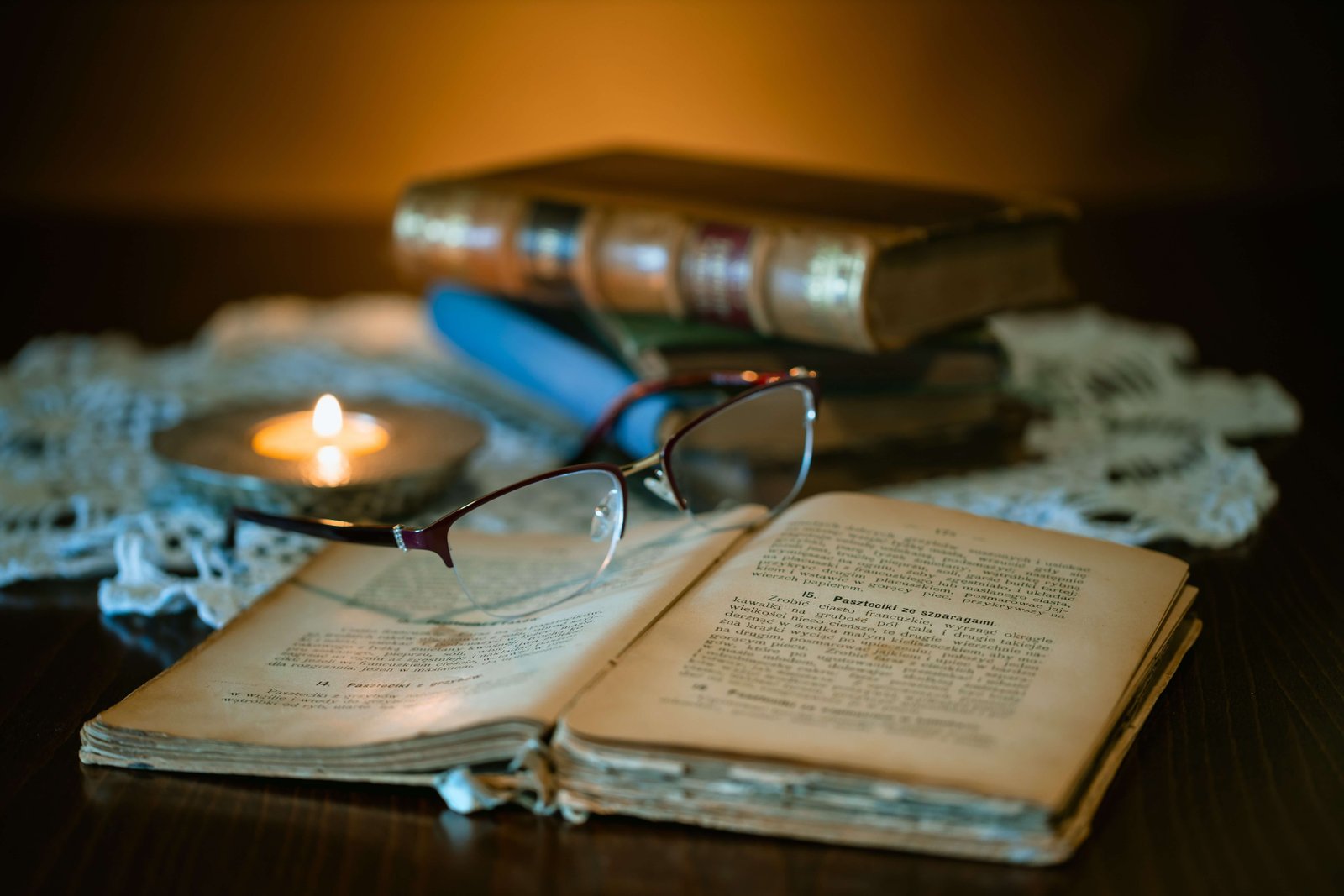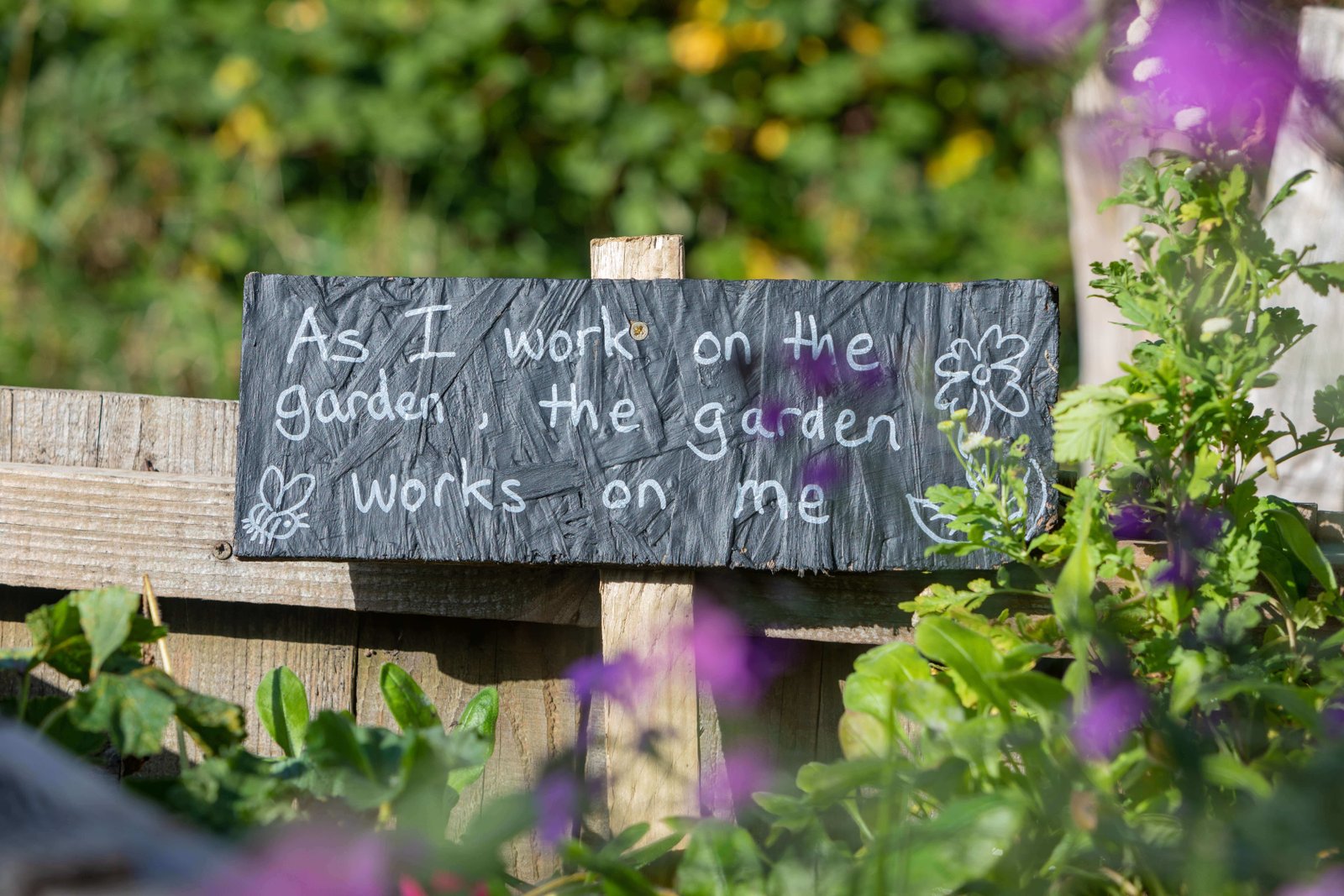
Aromatherapy
Aromatherapy – the past, the present, the future. Our ancestors used aromatic substances lavishly and in all facets of their lives. Records dating back to antiquity tell of performed oils, scented barks and resins, of spices, and aromatic waters all used medicine, ritual, astrology and embalming. Aromatherapy is a holistic complimentary alternative therapy, a lesser known branch of our Indian Ayurvedic medicinal system, based on plants.
The Science
The world of essential oils, as we know it, throws up an image of blissful fragrances wafting around us, comforting and uplifting us. Dig a little deeper and we step into the proverbial rabbit hole to find the fascinating world of healing powers.
Aromatherapy takes you to the lap of Mother Earth through its miraculous healing powers endowed by nature. Barks, leaves, roots, and flowers of various plants are used to cull essential oils using processes like distillation, Cold Press, and Solvent extraction.
Aromatherapy is both an art and science as it requires scientific knowledge about plants as well as the art to blend the oils extracted from these plants in an appropriate amount. The appropriate and careful blend of these extracts is the secret behind the therapeutic effect of the essential oils. As a result, in addition to addressing the immediate issue, they also restore other parts of the body to their optimum state of health.


History
The history of essential oils can be traced back from civilization time when they were used for hygienic, spiritual, and ceremonial purposes. Indians, Chinese, Egyptians, Romans, and Greeks used them in drugs, cosmetics, and perfumes. Oils were a significant source of aesthetic pleasure and were prominently used in the beauty industry.
Essential oils had different importance in each country. Egypt used essential oils for cosmetology purposes, whereas Greece used them for medical purposes. Chinese believed in the spiritual liberation of a flower by extracting its aroma, whereas Indians used essential oils in the medicinal field of Ayurveda as well as spiritual and philosophical rituals and practices. Romans were renowned for their extensive use of Oils and Perfumes in baths, clothes, beddings, and bodies, whereas Europeans, used their knowledge of essential oils to strengthen the armies during the ritual wars (crusades).
Origin
The medicinal usage of the essential oils was scientifically proved for the first time by a French perfumer and chemist named René-Maurice Gattefossé. He discovered the medicinal properties of Lavender in one of his famous experiments where he burned his hand and accidentally dunked it in the container of lavender oil. To his surprise, not only did his burn healed expeditiously, but it also did not leave a scar. Because of this, he researched more about essential oils. He became so fascinated with the magical properties of essential oils that he coined a new word “aromatherapie,” which is known popularly as Aromatherapy today.
The National Association for Holistic Aromatherapy (NAHA) defines aromatherapy as "the therapeutic application or the medicinal use of aromatic substances (essential oils) for holistic healing." In 1997, the International Standards Organization (ISO) defined an essential oil as a "product obtained from vegetable raw material, either by distillation with water or steam, or from the epicarp of citrus fruits by a mechanical process, or by dry distillation."


Benefits
Healing powers are harnessed from various parts of the plant – Bark, Leaves, Root, Fruit and Flowers, using various extraction processes like Distillation, Cold Press, Solvent Extraction etc. Each plant has medicinal as well as aesthetic benefits to offer. Nature has a cure for all problems of mankind – we have heard this so many times in our lives. And it is so true. Essential oils work on all the levels of our being – Body, Spirit and Mind.
With their aromatic compounds they are absorbed through the olfactory system of our brain to bring immediate relief, while topical applications bring a more robust and long-lasting cure, along with some other good effects like bolstering the immune system, energising the body and sometimes, giving our mind a much-needed rest.
Under the Ayurvedic medicinal disciplines, Aromatherapy is a quick acting sibling. It is easy incorporate in our daily lifestyle and the results can be seen from almost immediately to a couple of months depending on the severity of condition. No changes in diet are required. Although some intuitive changes in lifestyle could be a good idea. These are completely free of synthetic or other harmful chemicals. The best part is that once the condition has been treated fully, you can get off completely or keep some sort of maintenance regime. The blends bring you back to life and let you live it fully.
Healing begins with an aromatic bath and daily massage
— Hippocrates (c. 460 BC – 370 BC)